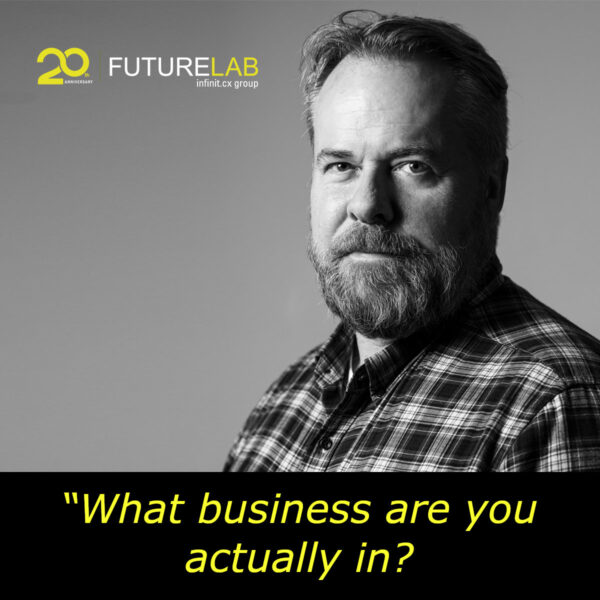by: David Jennings
Just last week I was writing (for my book), "No one is going to set up a new free wiki-based online encyclopaedia any time soon: there can be only one." Now I'm considering whether I can edit that to say "No one is going to initiate from scratch a…" or should I just delete it altogether. This in the light of the news that Wikipedia co-founder Larry Sanger is setting up the Citizendium project, which he describes as a "progressive or gradual fork" based on Wikipedia. The difference between this fork and the mothership? Experts have the final say over edits.
There has been some scepticism about Citizendium, but I think it's an interesting and healthy challenge to any dogma of hardline bottom-up evangelists. In the end, the opinions we experience are a mix of expert and amateur, qualified and ad-hoc. Why not try and build that mix into the ecosystem of an encyclopaedia system?
The challenge is going to be how to do that. Will we occasional editors be forced to choose between making correction edits to Wikipedia or to Citizendium, or will edits to the former continue to ripple through to the latter (after being checked)? If it splits the editing effort and energies of the casual labour, then both sites could suffer. Meanwhile, can I qualify as an 'expert' on 69 Love Songs, for which I created the original Wikipedia entry (the core text of which remains the main substance of the current entry)?
I imagine that pride is an important motivation in making Wikipedia edits: the pride in contributing to the one global information resource that covers pretty much everything. And in the wake of that, there's a sense of ownership in wanting to protect your contributions. How will this be affected when there is not just Wikipedia but Son-of-Wikipedia (obviously not Wikipedia 2.0) as well? And how many more forks, and forks of forks can we look forward to?
Original Post: http://alchemi.co.uk/archives/ele/wikipedia_to_bi.html




